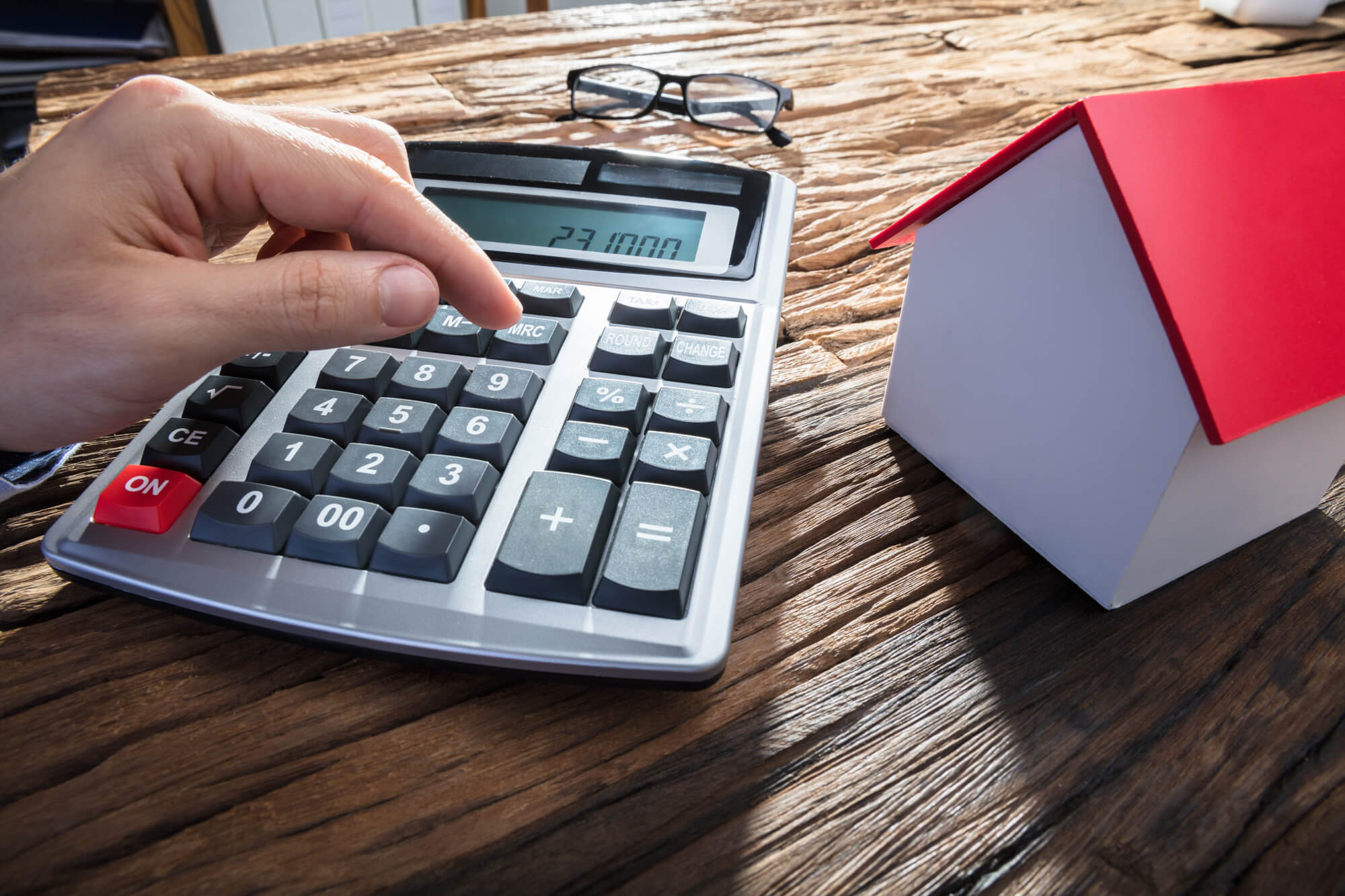When Are Property Taxes Due in Texas?

Most people don’t think about property taxes until they get their statement. Then some sticker shock might hit, especially for Texas homeowners. This state has the seventh highest property tax rate in the nation at an effective rate of 1.69%.
Why? Why are Texas property taxes so high? Partly because there is no state income tax and no state property tax. All property taxes are local. These taxes are the largest source of money for local governments, which use them to pay for schools, streets, police, fire protection, and other services.
Texas law outlines the process for local officials to determine property values, ensure they are equal and uniform, set rates, and collect taxes.
Determining Property Taxes
Texas property taxes are levied as a percentage of your home’s appraised value. That may not be the same as the selling price or a valuation performed by a computer application. Once the county appraises your property, it calculates taxes like this:
$100,000 (Home Value) X 0.169 (tax rate) = $16,900
You would owe $16,900 in property taxes for the year.
Some taxing authorities also offer an additional residence homestead exemption of at least $3,000 for qualifying taxpayers.
Due Dates
Final Texas property taxes are due upon receipt of your statement. Still, you can wait to pay up until January 31st of the following year. After that date, you are delinquent and must pay penalties and fees along with the tax liability.
Other comptroller deadlines include:
- January 1 – The taxing authority determines property values for the year and sets the exemption qualifications. It places a tax lien on your property to ensure payment.
- January 10 – If the tax bill for the previous year is mailed after this date, the taxing authority delays the delinquency date.
- January 31 – All property taxes are due. It’s the last day for individuals qualified for exemptions to notify the authorities if they intend to pay their taxes in installments. The first installment is also due on this date.
- February 1 – If you failed to pay property taxes by this date, you are delinquent. You owe penalties and interest.
- March 31 – The second installment of property tax payment is due.
- April 15th – The deadline to file a rendition for BPP (business personal property)
- April 30 – Property owners must file various applications with the appraisal district by this date, including exemptions and requests.
- May 2 – Taxing authorities notify those with delinquent taxes that they will receive additional penalties on July 1.
- May 15 – The deadline for filing a property tax protest, unless it has not been 30 days since the notice of value
- May 31 – The third installment of taxes is due for qualifying individuals.
- September 1 – The appraisal districts must have their budgets set for the year.
- October 1 – The tax assessor’s office begins mailing tax bills for property taxes due the following January 31.
You should receive your property tax notice in October, maybe November. You have until January 31st to pay it in full or pay the first payment plan installment.
Most lenders hold a portion of your mortgage payment in escrow each month and pay your property taxes for you. Since the escrow withheld is based on an estimate of potential property taxes, you may owe additional taxes after the lender pays out from escrow.
If you have paid off your home loan or your lender doesn’t offer escrow service, you need to put aside money for the property tax bill. Failure to receive a tax bill does not change the validity of the tax, penalties, or interest, the existence of the lien, or any procedure to collect tax instituted by the taxing unit.
Payment Options
Tax collection offices must offer multiple payment options but not every opportunity. Contact your local collection office to find out what is available.
Options include:
- Credit card payments
- Deferrals
- Discounts
- Escrow agreements
- Installment payments
- Split payments
- Partial payments
- Work contracts
- Property tax loans
Installment agreements are available as half payments or quarterly payments. Some county offices have other plans available, such as:
- Ten-month payment plans
- Prepayment plans
- Special programs for people 65 and older or disabled
- Payment of delinquent taxes over 36 months
Property tax loans come from private lenders who offer flexible payment terms to help you avoid foreclosure and stop the accumulation of penalties, interest, and fees.
Most counties allow you to pay by phone, mail, or online. You can put a check in the mail, use an electronic check, or pay by credit or debit card. If you pay by card, you are responsible for a convenience fee. Alternatively, you can pay in person or via a drop box, if one is available.
What If Your Property Is in a Disaster Area?
If the state governor or the President of the United States declares a disaster area in which your property sits, you might be able to obtain a temporary exemption from property tax payments. The county allows only 105 days for the exemption, which starts after the disaster declaration is announced.
The property must be within the declared disaster zone and physically impacted by the disaster to qualify to receive the temporary exemption of part of the appraised property tax.
Lower Your Property Taxes
One of the most important rights you have as a Texas property owner is the right to protest your assessed property value. If you do not agree with the value of your property as decided by the Appraisal Review Board, you can file to appeal their decision.
The full protest process includes several steps, but if successful, you can lower the assessed value of your property and consequently owe less property taxes. As mentioned above, the deadline to protest your property taxes is May 15, or 30 days after you receive the value notice, whichever is later.
If you’re interested in protesting your property appraisal, contact Republic Property Tax. We provide professional property tax assessment appeal representation and can help you realize substantial property tax savings.




